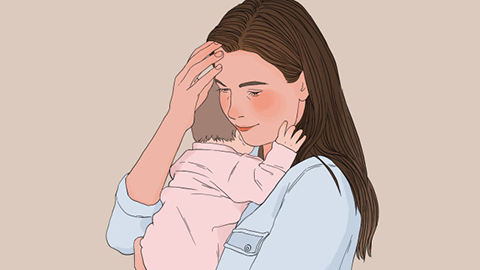Can patients with depression suddenly faint?
Generally speaking, whether a patient with depression may suddenly faint needs to be analyzed based on specific circumstances. If any discomfort occurs, timely medical consultation is recommended. The detailed analysis is as follows:

Depressed patients who have severe physical conditions or experience intense emotional stress may suddenly faint. Some patients develop eating disorders due to their condition, leading to hypoglycemia and electrolyte imbalances, which can result in insufficient energy supply to the brain and trigger syncope. Additionally, during episodes of extreme anxiety or despair, autonomic nervous system dysfunction may cause blood vessel dilation and a sudden drop in blood pressure, potentially resulting in transient loss of consciousness.
Depression alone typically does not directly cause fainting. The core symptoms of the disorder primarily involve mood, cognition, and sleep, such as persistent low mood, reduced interest, and slowed thinking—none of which have a direct causal relationship with fainting. If patients do not have physical complications and maintain relatively stable emotional states, they generally will not suddenly lose consciousness during daily activities.
In daily life, it's important to maintain regular eating habits and ensure balanced nutrition to prevent physical complications caused by abnormal eating behaviors. Provide companionship and communication, create a warm environment, and minimize drastic emotional fluctuations. Encourage moderate participation in gentle activities such as walking or gardening to help regulate mental and physical well-being. Closely monitor physical responses; if symptoms such as dizziness or fatigue occur, seek medical evaluation promptly to identify underlying causes and prevent delayed intervention.





